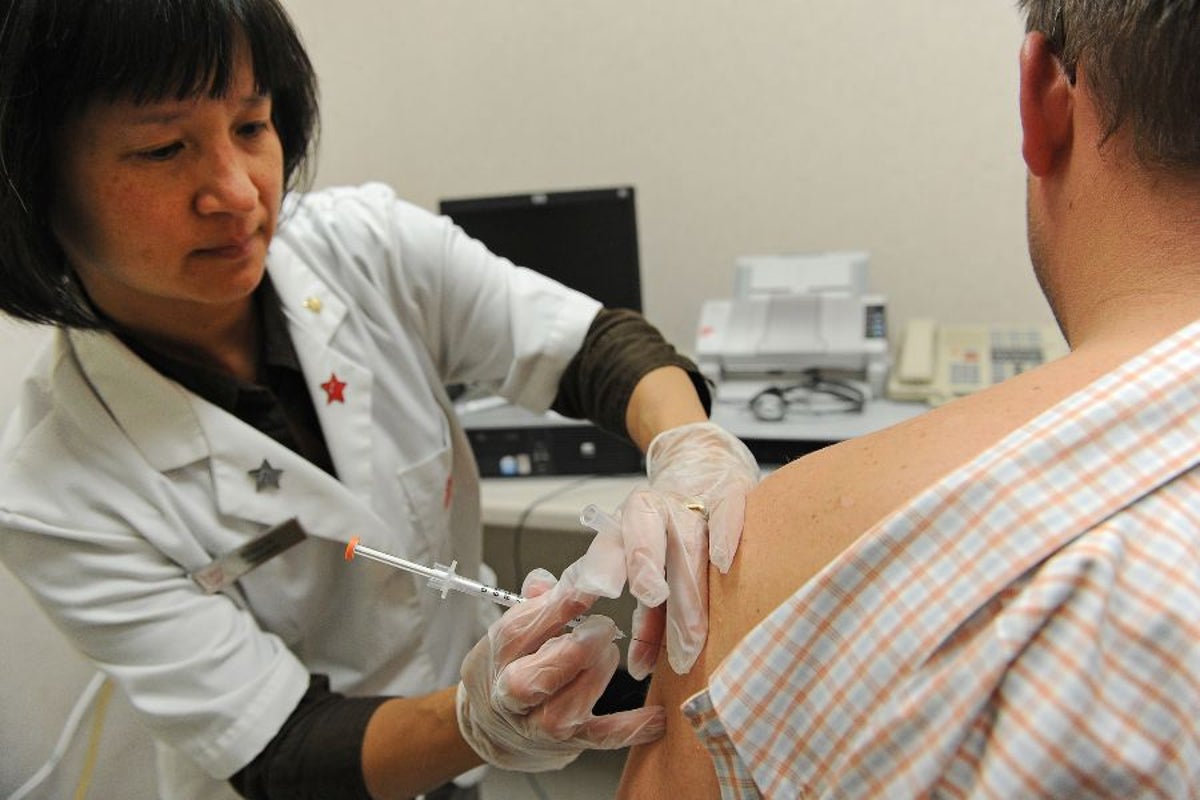The NHS has issued a call for individuals experiencing specific COVID-19 symptoms to seek medical advice if these symptoms persist for five days or longer. This guidance comes amid ongoing monitoring of the virus, which, while showing a slight decline in cases, still presents significant health concerns.
Recent data from the UK Health Security Agency (UKHSA) indicates that COVID-19 cases have decreased slightly, with positivity rates falling to 12 percent from 13.1 percent the previous week. Despite this reduction, the agency notes that individuals aged 85 and above remain at a heightened risk of hospital admission due to COVID-19, highlighting the importance of recognizing symptoms that may necessitate medical attention.
Guidance for Symptom Monitoring
The NHS emphasizes that while most individuals will experience a quick recovery from COVID-19, prolonged symptoms may warrant professional evaluation. According to the NHS website, individuals should contact their general practitioner (GP) or call 111 if they or their children exhibit symptoms lasting five days or more. This includes a high temperature of 38C or higher that does not subside with the use of paracetamol.
A high temperature can manifest as elevated warmth in the chest or back, shivering, perspiration, or warm, flushed skin. The NHS recommends reaching out to 111 under various circumstances, including concerns about the severity of symptoms, indications of illness such as a rash or loss of appetite, or if a child under three months has a temperature of 38C or higher.
Symptoms associated with COVID-19 extend beyond fever and may include:
– A new, continuous cough
– Loss or alteration of taste or smell
– Shortness of breath
– Extreme fatigue
– Body aches
– Headaches
– Sore throat
– Nasal congestion or runny nose
– Loss of appetite
– Diarrhoea
– Nausea or vomiting
The NHS clarifies that these symptoms closely resemble those of other common illnesses, such as colds and flu. While most patients recover within a few weeks, some may experience prolonged symptoms requiring further medical intervention.
Staying Safe and Informed
For individuals exhibiting COVID-19 symptoms, the NHS recommends remaining at home and minimizing contact with others. This is particularly crucial if one has a high temperature or feels unwell enough to engage in regular activities such as work or school.
Individuals can resume their daily routines once they feel better and no longer have a high temperature. For children presenting with mild symptoms, such as a runny nose or a sore throat, the NHS advises that they may return to school or childcare if they feel well enough to do so.
As the situation surrounding COVID-19 continues to evolve, public awareness and timely action are essential in managing health risks effectively.







